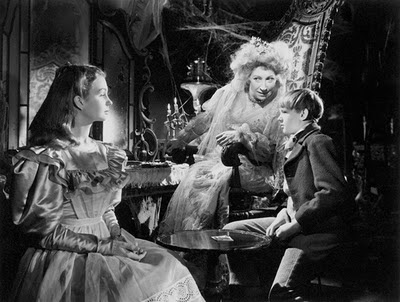Variations on a Theme: Gratitude and Choices
A quick note, speaking of gratitude: I was featured in the Minneapolis Star Tribune this morning, in an article talking about my writers group, Night Writers, and our publishing co-op, Gabriel's Horn. Many thanks to Hannah Covington for all the time she took in researching the story (which is also about the rise of indie publishing), in meeting with me and my kids and talking to many of the other Night Writers, and to David, who spent an hour here photographing.
National Novel Writing Month is almost over--only 5 more days. What is your word count?
National Novel Writing Month is almost over--only 5 more days. What is your word count?
Continuing a theme in the writing prompts, I'll stick with the idea of gratitude today. Gratitude--or lack of it--comes out repeatedly in the great classics, and of course in many others books that may one day be among the classics.
Think of The Giving Tree. We have a boy, then a young man, then an old man, who never seems to really appreciate what he has--as compared to the tree that loves and asks nothing in return, giving until the end.
Or what about the unforgettable Miss Havisham in Great Expectations? [Cue strings....unforgettable...that's what she is!] Raised in wealth, she has one disappointment in life (and I have to give her this--it's a pretty big one!) Her response is to spend her life in a rotting wedding dress in a moldering mansion, waging war against the entire male population.
Compare her to Pip, who also has a big disappointment in life. He goes to Cairo and makes something of himself, and later gives her the benefit of the doubt, concluding she didn't reflect on the gravity of what she did and was only trying to heal her broken heart in the only way she knew how.
One fascinating analysis of this book asks: Did Miss Havisham really have any choice? What were a young woman's options in the 19th century? Marriage--or marriage. It was unthinkable for a woman of the upper class to get a job.
In decades of observation, this is a question I've asked: How much choice do people have? How much are they born with traits that make them tend toward negativity? Was someone like Miss Havisham spoiled to the point her choices became limited? Did her own choices gradually hem her into a place where it became impossible for her--because of the character she willfully built for herself through the accumulation of each individual, small choice--to even see that she had other choices?
I think it's a combination of circumstances and personality--but in the end, I believe we almost always have a choice. We all know stories of women who broke the mold in the 19th century--and much earlier. Of course it was a different world. But that didn't mean it was an impossible world in which to do something different from the norm. A number of the women of Robert Bruce's time (and earlier) spring to mind! Read about Christina MacRuari or the Bruce sisters or St. Bega.
And even had Miss Havisham stayed in her moldering mansion, she certainly had the option of changing her clothes and raising Estella to see the good in others and be kind. She had the option of being grateful she had a mansion. She had the option of deciding the fiance was not someone she wanted to be married to, after all.
What choice did Estella have in who she became, raised from the very start to hate? Are some people given the grace to see beyond what they're being taught and others not? Or does every person raised in such a situation have the power to see, even as a child or finally as a young adult, at least, that what they're being/were taught is wrong and twisted?
Writing Prompt:
Have you known someone like Miss Havisham--someone who not only saw, but embraced and even wallowed in their misery and the bad things in their life? (No names, please! Fictionalize everything!) What is the most amazing or funniest story you know--or can make up--of extreme ingratitude?
What was your reaction to being around this person? Did you try to get away? Did you try to talk to them about the positives in their lives? Did you feel anger, sympathy, pity, compassion, or something else, for them?
Did you find yourself sinking into negativity by being with them?
Do you think this person had greater power to choose gratitude instead of ingratitude? Do you think their ability to do so is being hindered by their own childhood, or depression, chemical imbalances, or undiagnosed illness which affects personality, in the same way thyroid problems and anemia might make someone appear 'lazy?'
Asking these questions, of course, is a great way to build our own characters and make our own stories much richer and deeper. There's a reason Miss Havisham remains...unforgettable.
If you would like to follow this blog, sign up HERE
If you like an author's posts, please click like and share
It helps us continue to do what we do
If you liked this article, you might also like
Gratitude, Understanding Others
or other posts under the
Writing Prompts and Writing Tips labels








Comments
Post a Comment